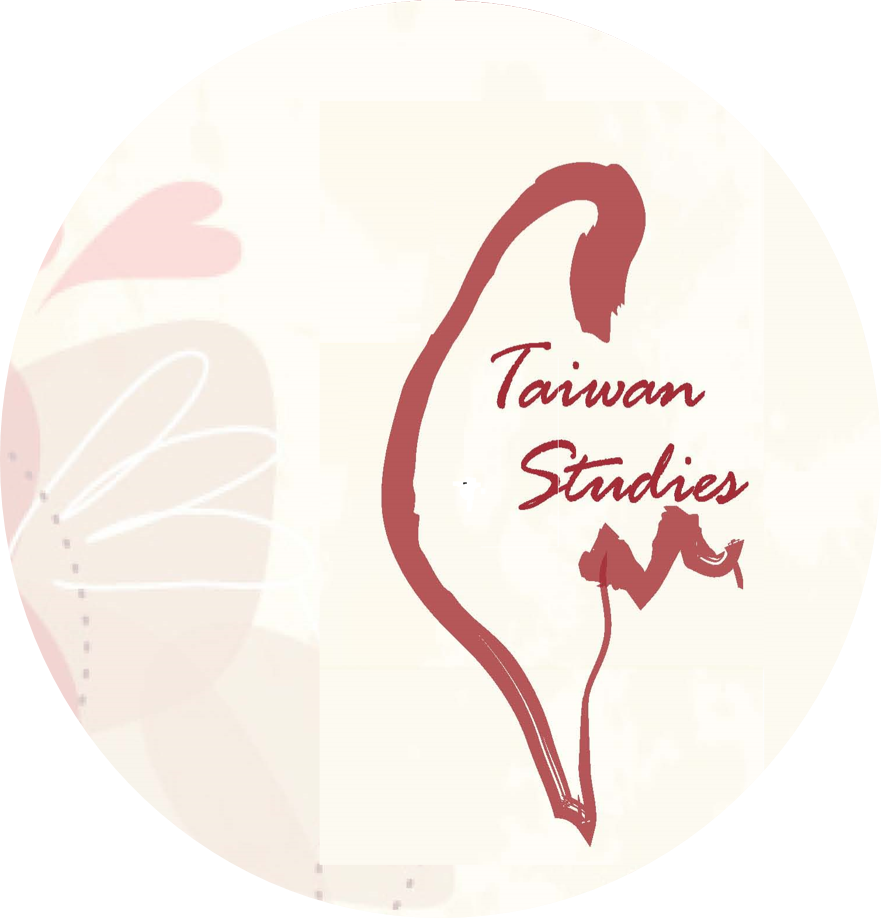View count:
4840
Draft Manifesto
Draft Manifesto of the “Knowledge/Taiwan” Collective
January 1, 2012
“There is no theory in Taiwan.”
This provocative statement can incite different responses in Taiwan academia, which suggests a few possible plans for action:
Agreement, explicit or tacit: All the so‐called theory has been imported from the West (mainly from the four countries of the U.S. France, Germany, and Britain) and scholarship in Taiwan has been either the site of cosmopolitanism(if one is happy about the situation) or neocolonization (if one is resentful of the situation). The action required here is either to continue to expand the importation of Western theory by universalizing it or to critique Western theory by provincializing it.
Disagreement, vehement or mild: There has always been local theory, but local theory has been marginalzied and its genealogy ignored. The crucial tasks are to reconstruct the genealogy of local theory on the one hand and to construct new methods and theories out of lived realities in Taiwan on the other. No matter how vehement the disagreement, however, the pervasiveness of Western theory in Taiwan cannot be denied. Theory in Taiwan, as such, is always already Westernized.
Theory is a form of knowledge. Asking questions about theory is asking questions about knowledge, returning us, fundamentally, to the core question of epistemology in Taiwan: the question of how we know Taiwan.
The “Knowledge/Taiwan” collective therefore takes as its initial task tobe the exploration of the many possible conjunctions between the twoterms “theory” and “Taiwan” as a way to approach the issue of Taiwanbased epistemology. We may perhaps ask: Is there no theory in Taiwan other than what has been imported from the West? Is theory the site of neocolonial knowledge in Taiwan? How is Western theory negotiated in Taiwan? Can there be local theory developed out of Taiwan? What does theory based in Taiwan look like? How does one think Taiwan theoretically or how does one theorize Taiwan? What is theory’s relationship to Taiwan history and geography? What might the history of theory in Taiwan look like? How does one Taiwan‐ize theory? Is there, finally, such a thing as Taiwan epistemology?
The following are some suggestions to think the many relations between theory and Taiwan more concretely:
1. If we situate Taiwan in world economic and intellectual history, what does the landscape of theory look like?
2. If we see Taiwan as a Han settler colony, how do we understand indigenous knowledge?
3. How does Taiwan’s history of serial colonialism (Dutch, Spanish, Manchu, Japanese, Chinese) require the production of a new postcolonial theory?
4. To borrow from Takeuchi Yoshimi’s notion of “Asia as method,” how might we see Taiwan as method?
5. Does Taiwan’s particular island geography frame the production of island‐specific theories as is the case in the Caribbean?
6. How do the global Cold War and its aftermath implicate the circulation and production of theory in Taiwan?
7. How do we understand the relative weakness of the Marxist tradition in Taiwan and the persistence of liberalism?
8. How does the comparative method enhance the possibility of theorizing Taiwan?

